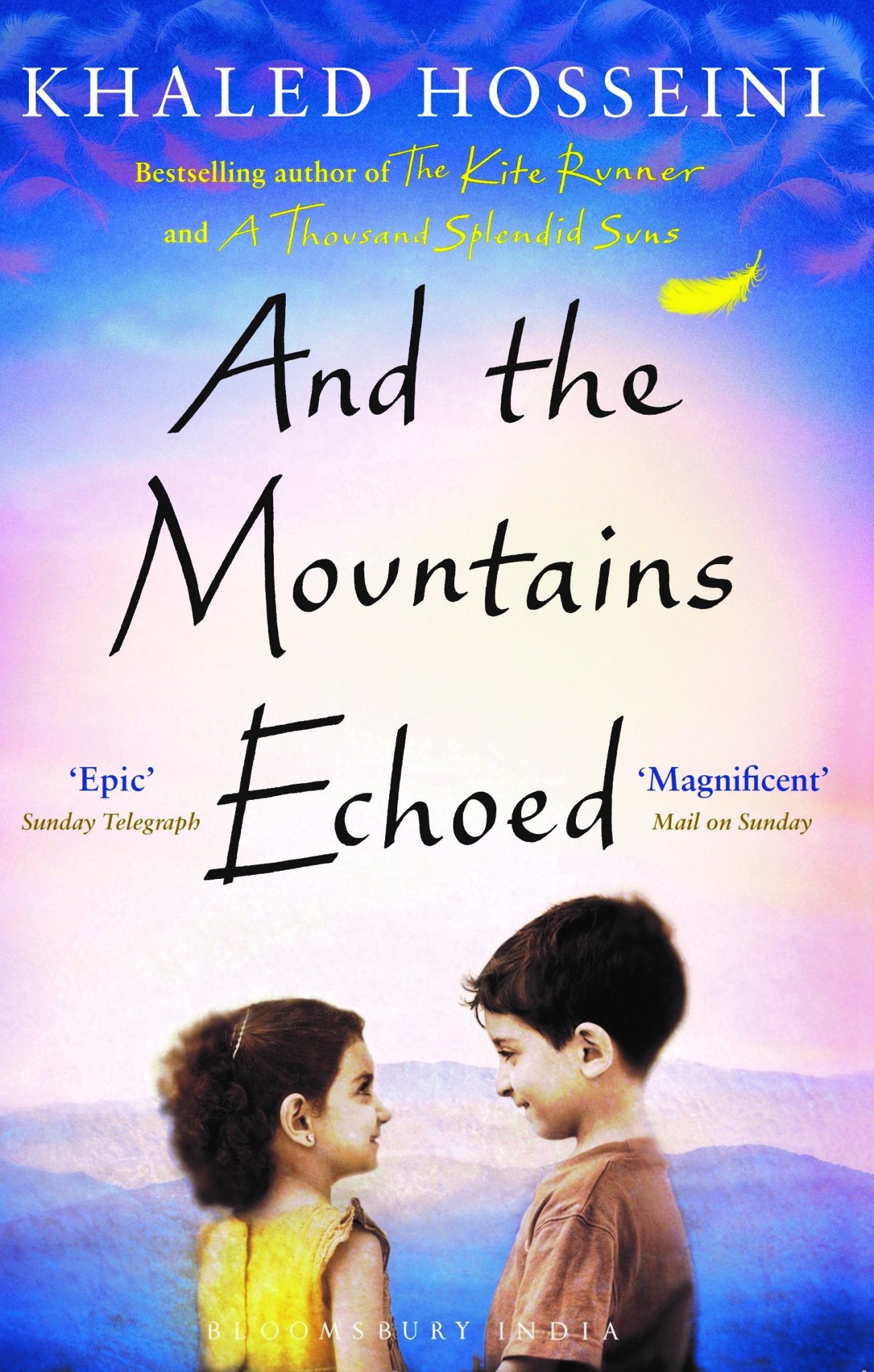


Saboor's bedtime story to his children opens the book. Consider all the ways in which an event in one of the families in the book can resonate in the lives of so many other characters. Discuss the connections between the different characters, how they are made, grow, and are sustained. The overlapping relationships of the different characters are complex and reflective of real life. Do any of them regret the things they have done? What impact does it have on them?ħ. Discuss the question of wrongdoing and rightdoing in the context of the different characters and their major dilemmas in the book : Saboor and his daughter Pari Parwana and her sister, Masooma the expats, Idris and Timur, and the injured girl, Roshi Adel, his warlord father, and their interactions with Gholam and his father (and Abdullah's half brother), Iqbal Thalia and her mother. The book raises many deep questions about the wavering line between right and wrong, and whether it is possible to be purely "good"-or purely "bad." What do you think after reading the novel: Are good intentions enough to create good deeds? Can positive actions come from selfish motivations? Can bad come from positive intent? How do you think this novel would define a good person? How would you define one?Ħ. What do you think he is saying about rightdoing and wrongdoing in the lives of his characters, or in the world?ĥ. I'll meet you there." The author chose this thirteenth-century Rumi poem as the epigraph for the book. "Out beyond ideas of wrongdoing and rightdoing, / there is a field. Are there certain choices that are easier than others? Is Saboor's sacrifice when he allows Pari to be adopted easier or more difficult than Parwana's sacrifice of her sister? How are they similar and how are they different? Who else makes sacrifices in the book? What do you think the author is saying about the nature of the decisions we make in our lives and the ways in which they affect others?Ĥ. Think of other sacrifices that are made throughout the book.

What do you think of Saboor's decision to let the adoption take place? How are Nila and Nabi implicated in Saboor's decision? What do you think of their motives? Who do you think is the most pure or best intended of the three adults? Ultimately, do you think Pari would have had a happier life if she had stayed with her birth family?ģ. The novel begins with a tale of extraordinary sacrifice that has ramifications through generations of families. How do each of the other characters relate back to the original story? What themes is the author exploring by having these stories counterpoint one another?Ģ. From there, the book branches off to include multiple other characters and storylines before circling back to Abdullah and Pari. And the Mountains Echoed introduces us to Saboor and his children Abdullah and Pari, and the shocking, heartbreaking event that divides them.


 0 kommentar(er)
0 kommentar(er)
